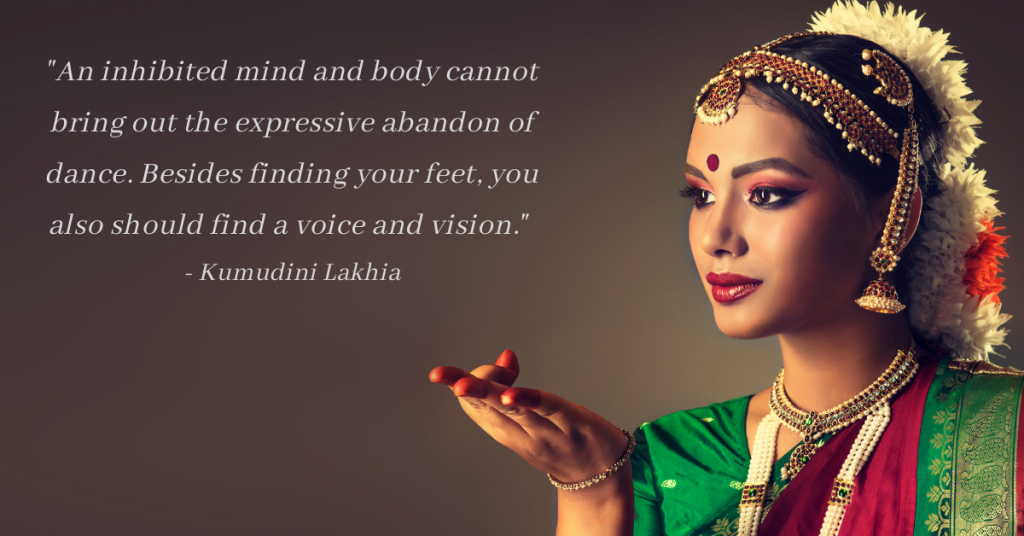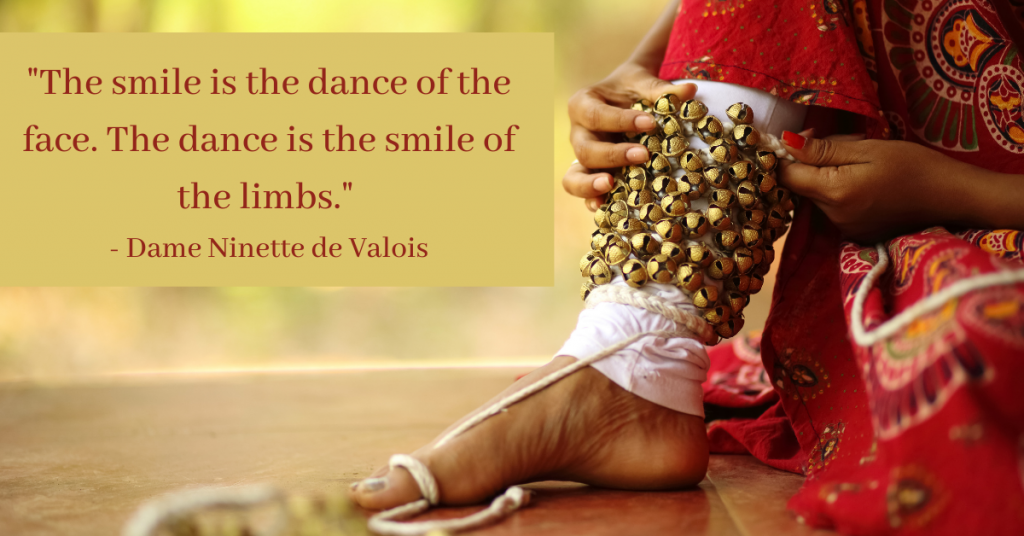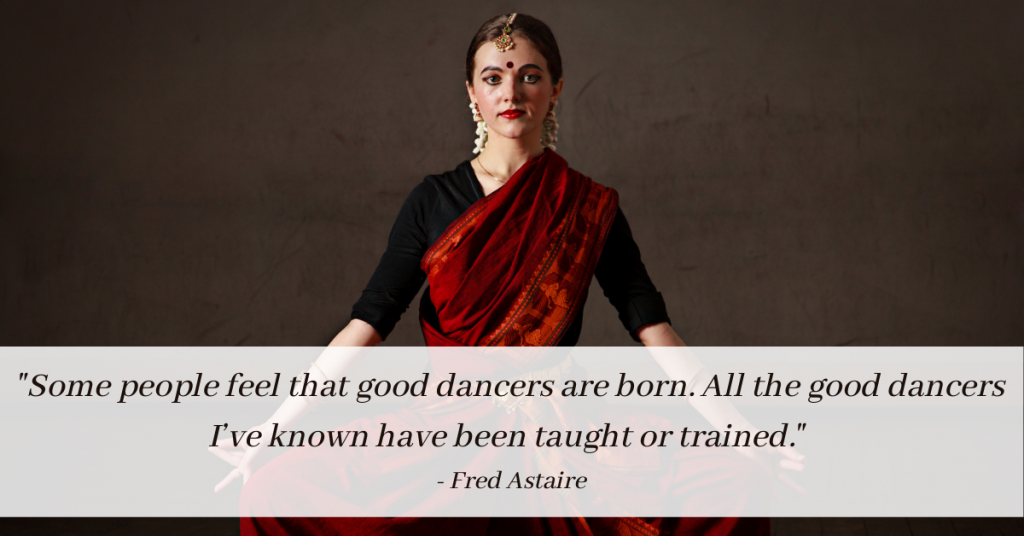Is your kid passionate about learning the Indian Classical Dance?
Are you still thinking to take it ahead?
Well, don’t think much and make it happen and let your kid leverage the best out of Indian Classical Dance. There are unending benefits of learning it, let’s explore why it is you should invest in Indian Classical Dance Forms For your kids.
1. For Balanced LifeStyle
Classical Dance is one of the finest dance forms which gives psychological relief to the emotions. It helps in the connection between emotions – mind, and body which is very beneficial for a healthy lifestyle.
2. Stay Connected To The Roots
Classical Dance is all about graceful expression, elegant poses, flawless poses, and has the power of our rich Indian culture & heritage. Hence it keeps kids connected to the roots and traditions.
3. Develop Peace Of Mind
Classical Dance is considered to be a form of prayer and meditation, attracting, blessings, and happiness. This helps in imparting Calmness & Peace of mind in kids.
4. Build Focus
The kids who learn Classical Dance are more focused because of the concentration that is required for unique postures. When one learns & practices it, they are essentially training their mind to the awareness of one component for prolonged periods of time. It enhances memory and sharpens the mind in a better way.
5. Boost Up Your Kid’s Fitness
Classical Dance is a great way to impart both physical & mental fitness. Indian classical dances train head, neck, and limb coordination, slowly and gradually, in such a way it gives exercise to left and proper brain to do various things. Also, the hand gestures and Footwork is worked on simultaneously. This makes it a power-packed fitness form and hence keeps kids’ sound.

Well, these were the few benefits of Indian Classical Dance, and now comes the next question – What to learn?
Making it a bit easier for you, here go the popular ones.
#1. Bharatanatyam Dance
Bharatanatyam is a graceful South Indian classical dance with flawless expressions and seamless movements. It’s an impressive classical dance form that needs rigorous practice on the wrist movements, facial expressions, and footwork. This glorious dance form has the power of healing and helps build the mind-body connection. It will include exploring- Exercise, Postures/ Alignment(Aramandi/ Sama pada/ Murumandi), Hand gesture, Adavus.
Learning Bharatnatyam needs immense dedication and passion for bringing out the best poses, expressions, and postures. Bharatanatyam is also the most ancient of all the classical Indian dance forms. Get the anklet bells for your little ones and let the dancing begin.
Related Article: 7 Simple Tips to Improve Handwriting Of Your Kid
#2. Kathak Dance
Kathak dance is all about stories reflecting in the dance with perfect hand movements and incredible footwork and facial expressions. It is famous in the North, West and Central India. Kathak dance involves learning all modules – poses, expressions, grace, hand, eye and body movements, and footwork.
The Kathak dance will help in developing rhythmic foot movements, adorned with small bells (Ghungroo), and the movement harmonized to the music. The main focus is the foot movement. Kids need to do incredibly well with the gestures of arms, upper body movement, facial expressions, neck movements, eyes and eyebrow movement, stage movements, bends, and turns in order to do Kathak flawlessly.
Related Article: 11 Art Classes To Enhance Your Child’s Creativity
#3. Kuchipudi Dance
Kuchipudi is a classical dance form from Andhra Pradesh. Kuchipudi has more rounded poses compared to any other classical dance form. The Kuchipudi dance focuses on the expressive part of the performance (Nritya), where rhythmic hand gestures help to convey the story.
For Kuchipudi dance, kids can learn the steps that are divided into series based on the rigor level. Each level will focus on executing the basics correctly and enhance different portions flawlessly before moving ahead. Kuchipudi is one of the toughest classical dance forms which needs sheer dedication. The dances are based on Hindu religion, spirituality, and mythology.
Each Indian Classical Dance form is beautiful with a different purpose and message and is influenced by the Natya Shastra, an ancient Indian text.
The last question in your mind after reading my blog surely is – Where to enroll kids for learning it?
Try PiggyRide!
Yes, we have it all at our fast-growing e-learning platform for kids. Right from free trial classes to workshops, crash courses, and regular courses for Indian classical Dance. All courses are conducted by Professional Dance trainers & renowned academies. Don’t miss to check it out.




Indian Classical Dance is one of the most beautiful and ancient forms of dance in India. It has been passed down from generation to generation for thousands of years. The list of benefits of learning dance posted in this article is true which I have experienced when I learning Bharatanatyam at Geethalayam Bharatanatyam as a kid. It’s no surprise that this form of art is still popular with children today.